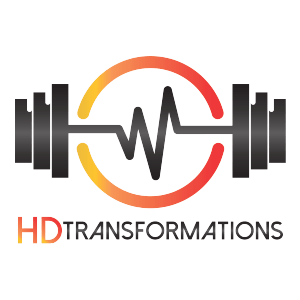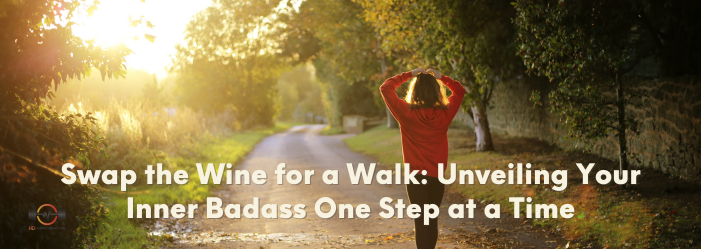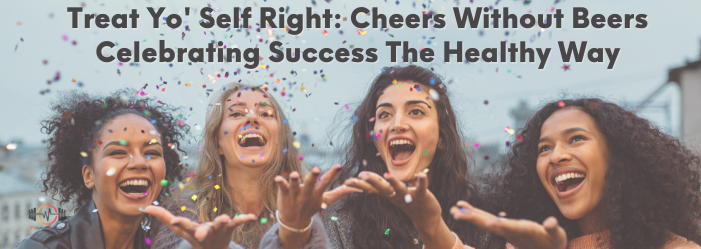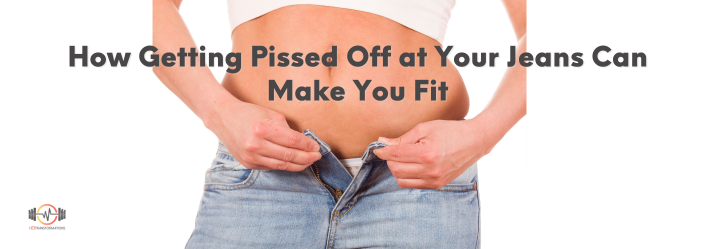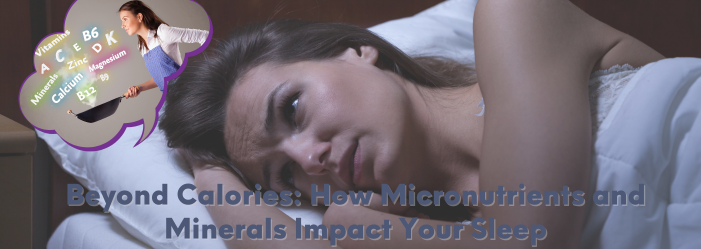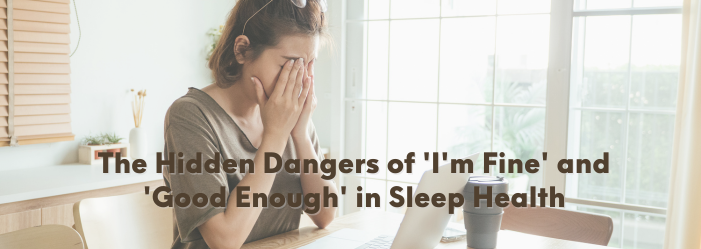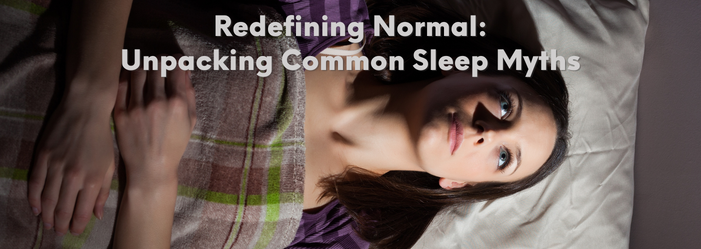Blog Post
This is a subtitle for your new post
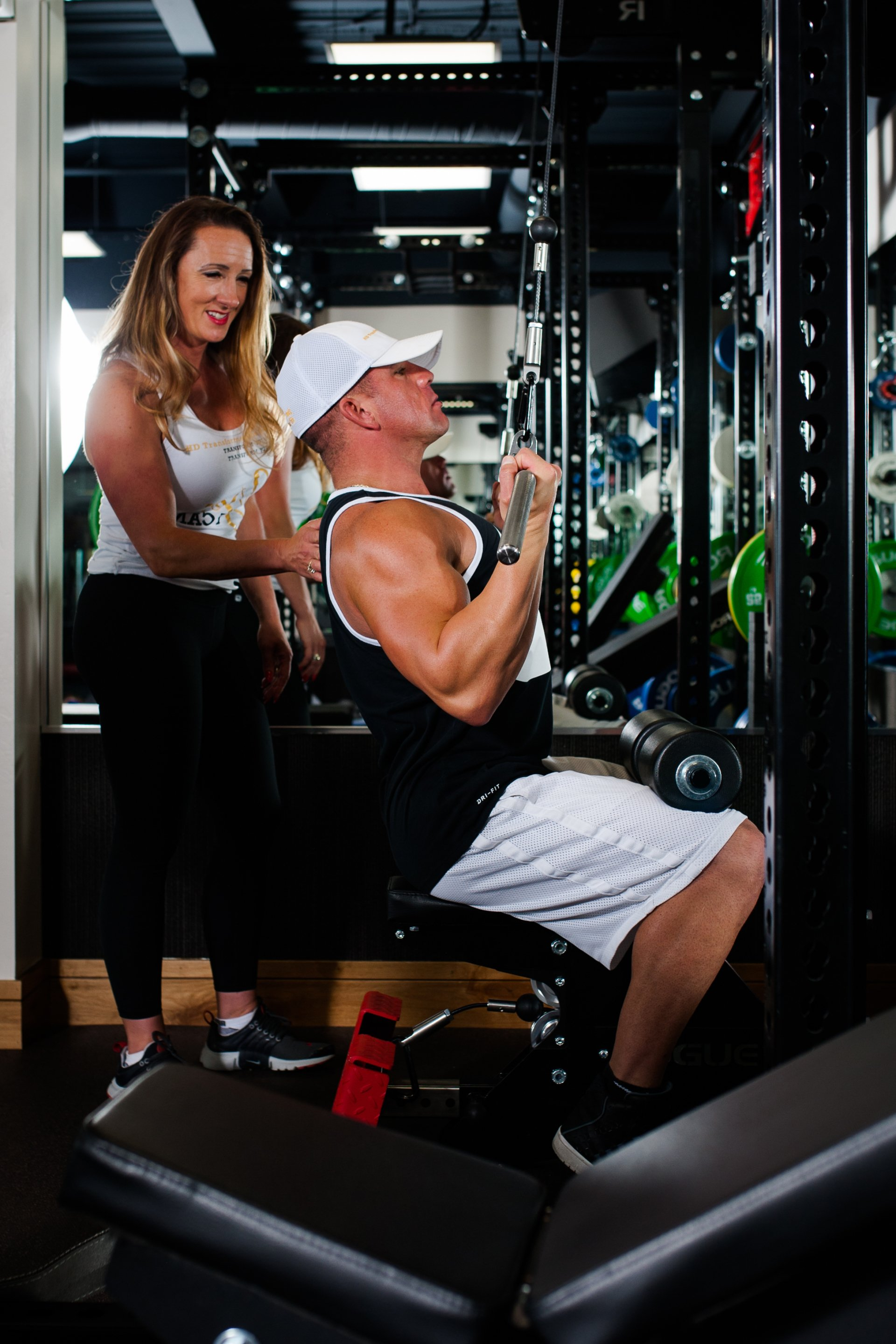
Are you tired? Feeling like you're dragging and barely getting through your day as it is? Why in the world would you want to go and exert yourself more? Because it will actually give you more energy! Crazy right?
Multiple studies have shown that people who exercise have more energy than sedentary people. Specifically, low intensity exercise leads to decreased feelings of fatigue. So if you battle fatigue, listen up.
The most often sited study was the University of Georgia study, which appeared in the March 2008 issue of the Swiss medical journal Psychotherapy and Psychosomatic,
involved 36 sedentary healthy, young adults who reported persistent fatigue. The study called for a program of moderate-intensity exercise, low-intensity exercise or no exercise for six weeks. The moderate-intensity group was prescribed 20 minutes of exercise on an exercise bike comparable to a fast-paced walk up hills while the low-intensity group biked for the same duration and frequency, but at an intensity level equivalent to a leisurely walk, reported the New York Times
newspaper on Feb. 29, 2008. Both exercise groups experienced a 20 percent increase in energy levels by the end of the study compared to the non-exercising group; with the low-intensity group reporting a 65 percent drop in feelings of fatigue while the more intense exercisers reported a 49 percent drop in fatigue.
When our body needs energy, it creates ATP (adenosine triphosphate). If a sedentary individual begins an exercise program it will enhance the blood flow carrying oxygen and nutrients to muscle tissue improving their ability to produce more energy (ATP). Essentially, our bodies go into energy saving mode if we aren't active. They stop producing as much ATP and try to run on what little they have stored. Just like you have to wiggle the mouse to wake up your computer, you need to wiggle your behind, to wake up your metabolism. The University of Georgia study found that low intensity exercise was more effective than high intensity, however both boosted energy. This is likely because a sedentary person who suddenly does an intense workout, without building up a decent cardiovascular base, will be physically exhausted from the sudden change.
So how much exercise should you get and how do you make yourself do it when you're feeling fatigued? The U.S. Department of Health and Human Services exercise guidelines state that healthy adults need to engage in 2 ½ hours of weekly moderate-intensity exercise, such as brisk walking or gardening. That is easily accomplished in 30 min bouts, 5 days per week. Walking for that time during your lunch hour or after dinner would do wonders for your energy level and help to boost your mood to make it through the rest of your day or to wind down after a long day. Not to mention, you would not experience the afternoon brain fog so many feel in the early afternoon, making you more productive throughout the day. For those who are already physically active, 75 minutes of strenuous activity per week can have the same effect on fatigue and requires half the time.
Children are not exempt from battling fatigue either. They too need 2 ½ hours of weekly moderate-intensity exercise. They live an increasingly sedentary lifestyle that is leading to never before seen levels of disease. "Diabetes, heart disease and metabolic syndrome are reaching epidemic levels as a result of our nation's collective lack of exercise and poor diet. We're raising the first generation of Americans to live sicker an die younger than their parents. Life expectancy is actually declining for the first time in human history. 1 in 3 children are overweight in the USA. Childhood obesity has tripled from 1980-2010. One in 3 children born today will have diabetes in their lifetime. Childhood obesity will have more impact on the life expectancy of children than all childhood cancers combined!"
(Dr. Jason Fung)
So the solution is pretty simple. If you find yourself battling fatigue, lack of motivation or even feelings of depression, what you need is to move your body. While reaching for a caffeinated beverage or a candy bar may seem easier, the energy boost will be short lived and the negative effects will be long term. Getting up and moving will give you that energy boost, clear your mind and put a smile on your face. The positive effects will also be long term. Sounds like a no-brainer to me!
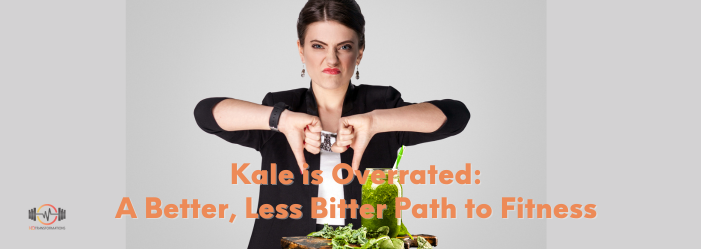
By Heather Dumas
•
11 Apr, 2024
Discover a fresh approach to wellness that goes beyond gym routines and diets. Learn how a personalized healthy lifestyle strategy, tailored to your unique life, can lead to sustainable, joyful, and effective fitness results. Embrace flexibility, happiness, and a holistic view of health in this transformative journey.
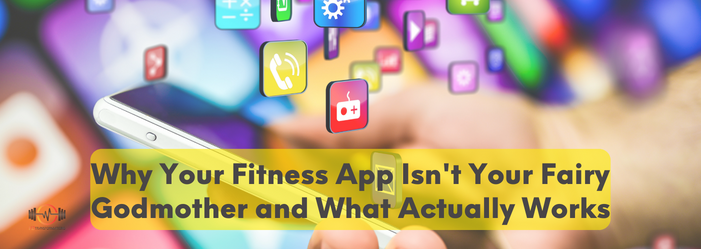
By Heather Dumas
•
04 Apr, 2024
Dive into the heart of health and fitness with a straight-talking guide to ditching quick fixes for a personalized, sustainable journey. Discover the power of consistency, investment in quality guidance, and the transformation that comes from a plan tailored just for you.
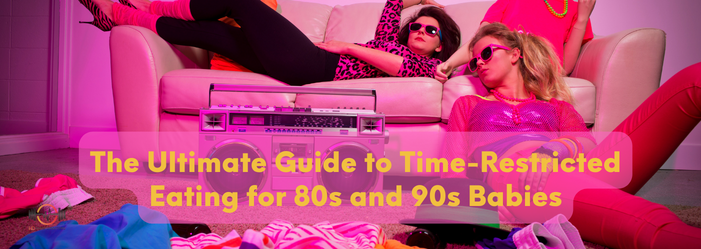
By Heather Dumas
•
21 Mar, 2024
Explore the transformative journey of intermittent fasting for 80s and 90s babies. Dive into how time-restricted eating, balanced meal timing, and mindful practices can revamp your metabolism, enhance sleep quality, and lead to a healthier, more attuned lifestyle after 35.
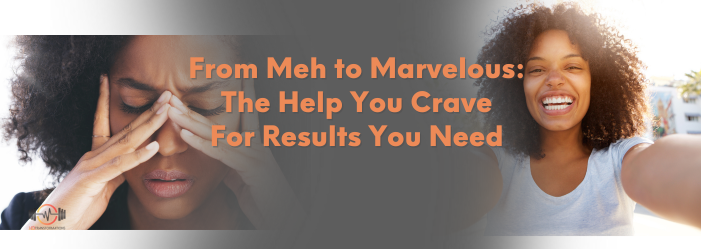
By Heather Dumas
•
14 Mar, 2024
Discover the pivotal moment when seeking help transforms from a last resort to a strategic move towards personal growth and achievement. Dive into a candid discussion on recognizing your breaking point, the undeniable value of expert guidance, and the life-changing outcomes of embracing support. Join us on a journey from DIY attempts to triumphant transformations.



